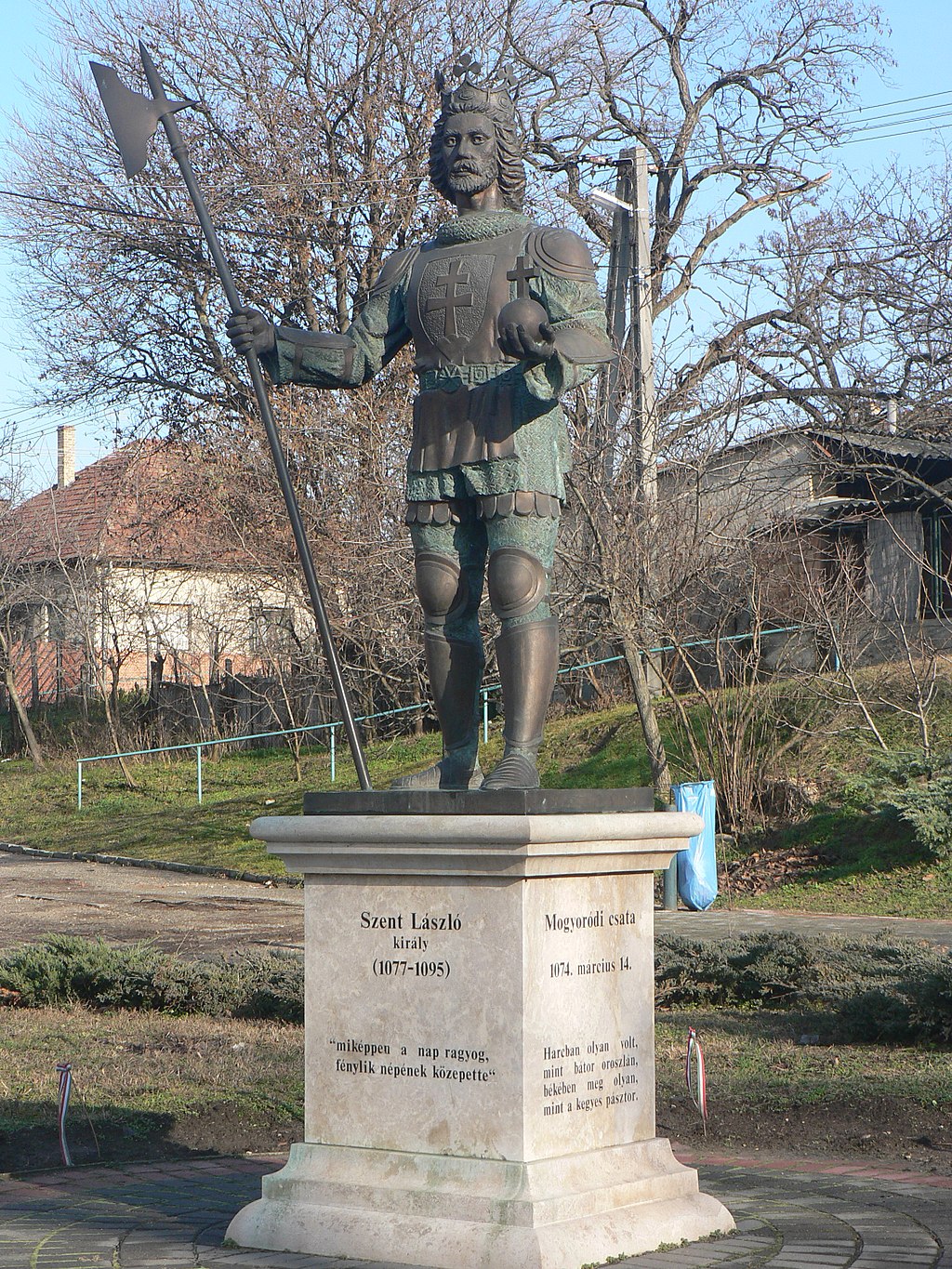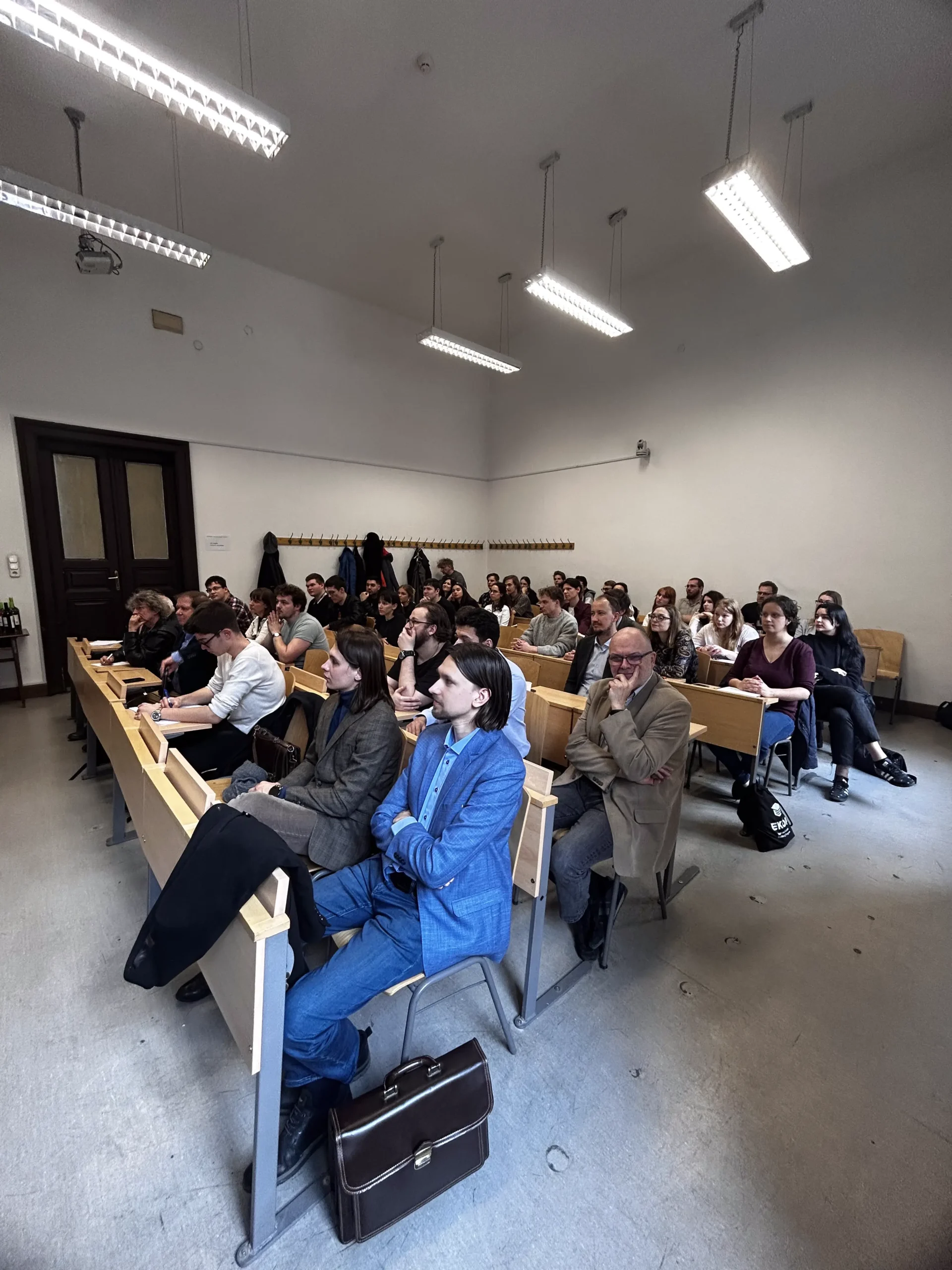Saint Ladislaus – Nagyvárad (Oradea)
Fact of the Hungarian figure „St. Stephen and others – First christian saints in Hungarian Kingdom”
Part of the „The patrons and guardians of the land” topic
Saint Ladislaus I (Szent László), one of Hungary’s most revered kings, played a crucial role in both the consolidation of Christian Hungary and its expansion. Born as the second son of King Béla I and Richeza of Poland, Ladislaus ascended the throne in 1077 after the death of his brother, King Géza I. His reign was marked by his commitment to strengthening Christian values, defending the kingdom, and expanding its territories.
Ladislaus’s early reign was marked by his struggle against his cousin, King Solomon, as well as his alignment with the papacy during the investiture controversy. His foreign policy was characterized by the conquest of Croatia in 1091, expanding Hungary’s influence to the south. Despite his military successes, Ladislaus was not only a warrior king but also a lawgiver, drafting three codes of law aimed at consolidating the Christian religion and protecting property. The Council of Sabolcs in 1092, convened by Ladislaus, established important church regulations, including the collection of tithes and the observance of religious feasts, while also addressing the status of Jews and Muslims.
In 1083, Ladislaus initiated the canonization process of several key figures in Hungarian Christianity, including Prince Emeric, Bishop Gerard, and the hermits of Mount Zobor, Andrew and Benedict, alongside Stephen I. This act was a significant step in solidifying the Christian identity of Hungary and strengthening the Church’s role within the kingdom.
After his death in 1095, Saint Ladislaus was initially laid to rest in Somogyvár. However, around 1113, his remains were transferred to Nagyvárad (modern-day Oradea), where his tomb quickly became a revered pilgrimage site, known for the many miracles attributed to him. The cathedral of Nagyvárad, which housed his relics, became an important ecclesiastical center, symbolizing Ladislaus’s enduring influence on the religious and political life of Hungary.
Saint Ladislaus’s legacy as a defender of the faith and a key figure in the establishment of Hungary’s Christian foundations is deeply intertwined with Nagyvárad. His veneration as a saint, confirmed by numerous miracles at his tomb, underscores his significance in Hungary’s early Christian history and his lasting impact on the nation’s spiritual and cultural heritage.





